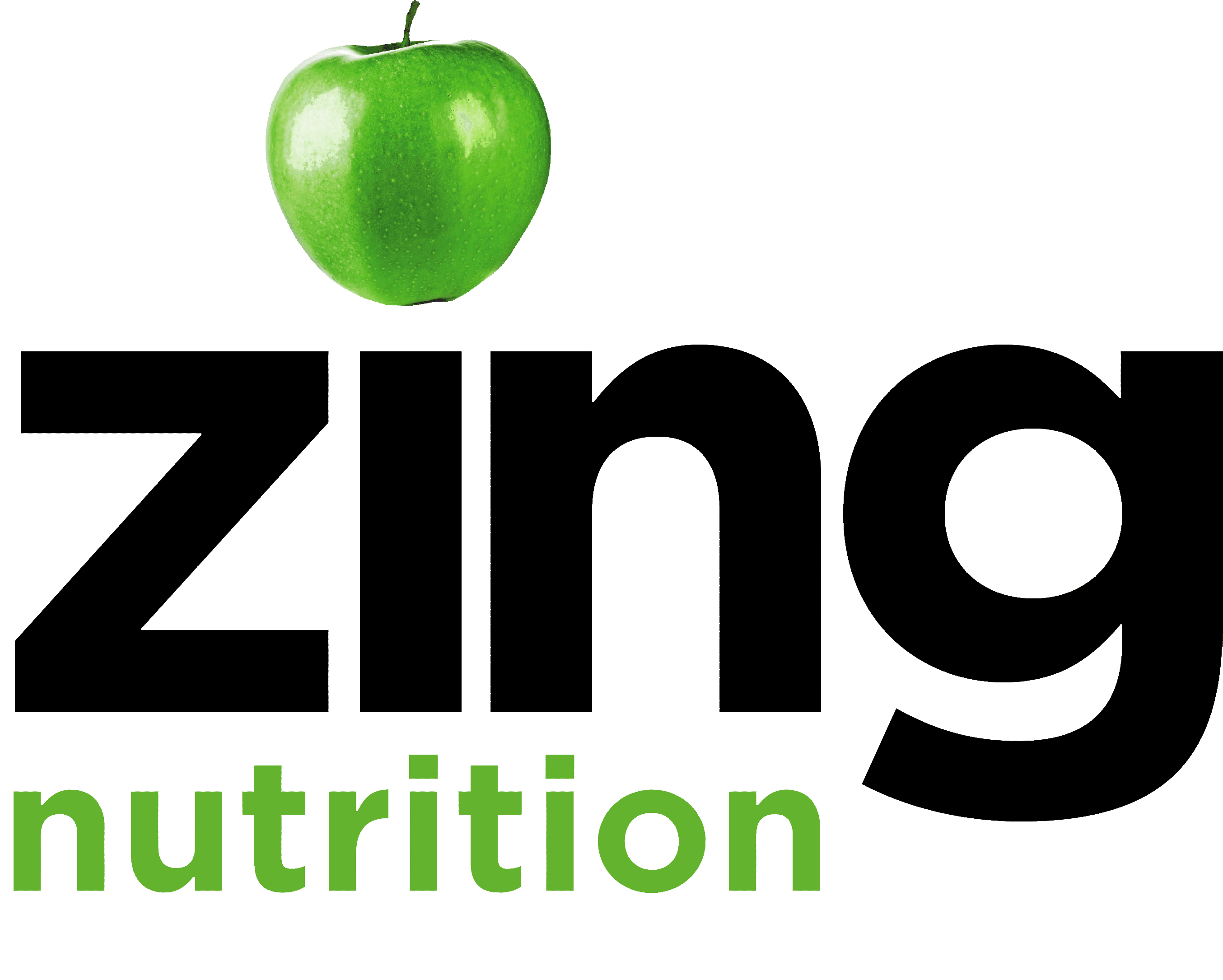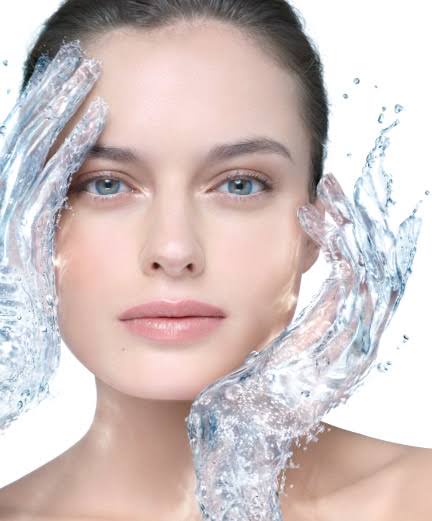Most people don’t give a second’s thought to their skin – unless they’re scowling at the wrinkles or wobbly bits in the mirror. It’s already doing a fabulous job keeping your insides in, protecting you from infection and radiation, and keeping you warm. There’s also a huge amount you can do to keep your skin looking healthy and fresh and – I’m happy to tell you – stave off the wrinkles without buying that expensive anti-ageing cream. Read on to find out how.
Ditch the bad guys
Alcohol, caffeine, food additives like flavourings and colourings, salt, sugar, and tobacco are full of cell-damaging free radicals, which play havoc with your skin. Ideally, cut them out altogether but certainly reduce them as much as you can.
Be fat-friendly
Essential fats found in fish, avocados, nuts and seeds keep cell membranes soft and smooth – they’re nature’s perfect skin plumpers. Just in case the word ‘fat’ sends a red flag up for you, I want to reassure you that scientists have finally admitted all that’ fat is bad for you and makes you fat’ propaganda was flawed. Eating the right fat is not only not bad, it is really, truly GOOD for your health.
Eat back the clock
Stock up on antioxidant-rich fruit and veg. These are crucial for your entire body – not just your skin. They reduce the speed of skin aging and degeneration. Eat them raw or lightly steamed as cooking for long periods destroys enzymes, minerals and vitamins and can create skin-damaging free radicals. A couple of simple exercises are these: make a concerted effort to add at least one extra portion of veg every night this week to your evening meal. You should also aim to ‘eat a rainbow’ over the course of the week – that means picking as many different colours of fruit and veg as you can.
As a very general rule, each different colour group contains a different set of plant chemicals. Scientists now know that bringing a variety of different antioxidants into your diet has a synergistic effect, which means the combined result is more powerful than the individual parts.
Drink up!
Keep skin cells plump and full or your skin will look shrivelled and dehydrated – a long cry from that radiant glow you’re going for. Cells also need water to rebuild and to remove the build up of waste products (toxins). It’s a very simple (and free) step that most people don’t prioritise and yet the results and be striking. Aim for at least 2-3 litres a day depending on weather conditions and your level of exercise. You’ll soon see the benefit for you skin.
Helpful nutrients for skin health
Vitamin C for collagen production. Foods to include: blackcurrants, red peppers, kale, collard leaves, broccoli, kiwis, oranges, courgettes, cauliflower and spinach, citrus fruit.
Vitamins A, C, E and selenium are antioxidants that limit the damage done to collagen and elastin fibres by free radicals. Foods to include (aside from the vitamin C foods, above, and the vitamin A foods, below): sunflower seeds, almonds, spinach, swiss chard, papaya, mustard greens, asparagus, peppers, Brazil nuts, fresh tuna, some meats including pork, beef, turkey and chicken, cottage cheese, eggs, brown rice, sunflower seeds, spinach, oats, mushrooms.
Vitamin A helps control the rate of keratin. A lack of vitamin A can result in dry, rough skin. Foods to include: sweet potato, carrots, butternut squash, spinach, kale, collard greens, turnip greens, romaine lettuce.
Vitamin D. Skin cells produce a chemical that is converted into vitamin D in sunlight. It’s important for many functions in the body, including immunity, blood sugar balance and bone health. It’s hard to get enough vitamin D from food alone, but too try to include more sardines, salmon, tuna, swordfish, eggs, orange juice, and fortified margarine, fortified cereals – and don’t forget a daily dose of getting out into the sun!
Zinc for the production of skin cells. A lack of zinc can result in poor skin healing, eczema and rashes. Foods to include: venison, fish, ginger root, lamb, lean beef, turkey, green vegetables, oats, nuts, sesame seeds, pumpkin seeds, yoghurt, scallops.
Essential fats for making cell membranes. A lack of essential fats causes cells to dry out too quickly, resulting in dry skin. Foods to include: oily fish (salmon, sardines, halibut, scallops), flaxseed, walnuts, soya beans, tofu.
I put this blog post together from a series of smaller posts which were recently published in my Facebook group Unleash your younger self. If your interested in receiving similar information relating to diet and health on a more regular basis then please do sign up to my group. Apart from my posts its a fantastic forum in which you can post your own health tips and ask questions about various aspects of nutrition.You will need to request to join but I will not be turning anyone away.
Learn how to deal with problem skin
A targeted nutrition plan can work wonders for skin problems like acne, eczema, psoriasis and so on. This kind of personalised nutrition is often poorly understood and isn’t really talked about in the media. It doesn’t work to just add to your diet a single ‘superfood’. However, a bespoke plan that takes into all of your skin – and health – concerns can make a huge difference. Ask me how. I’d love to help.Simply send me a request for a FREE 20 minute phone health assessment.

